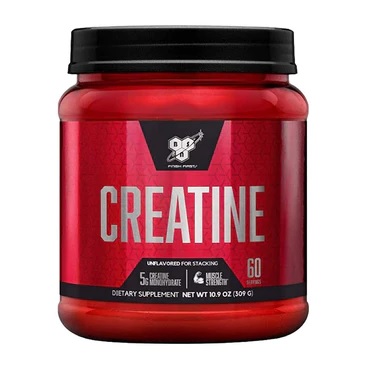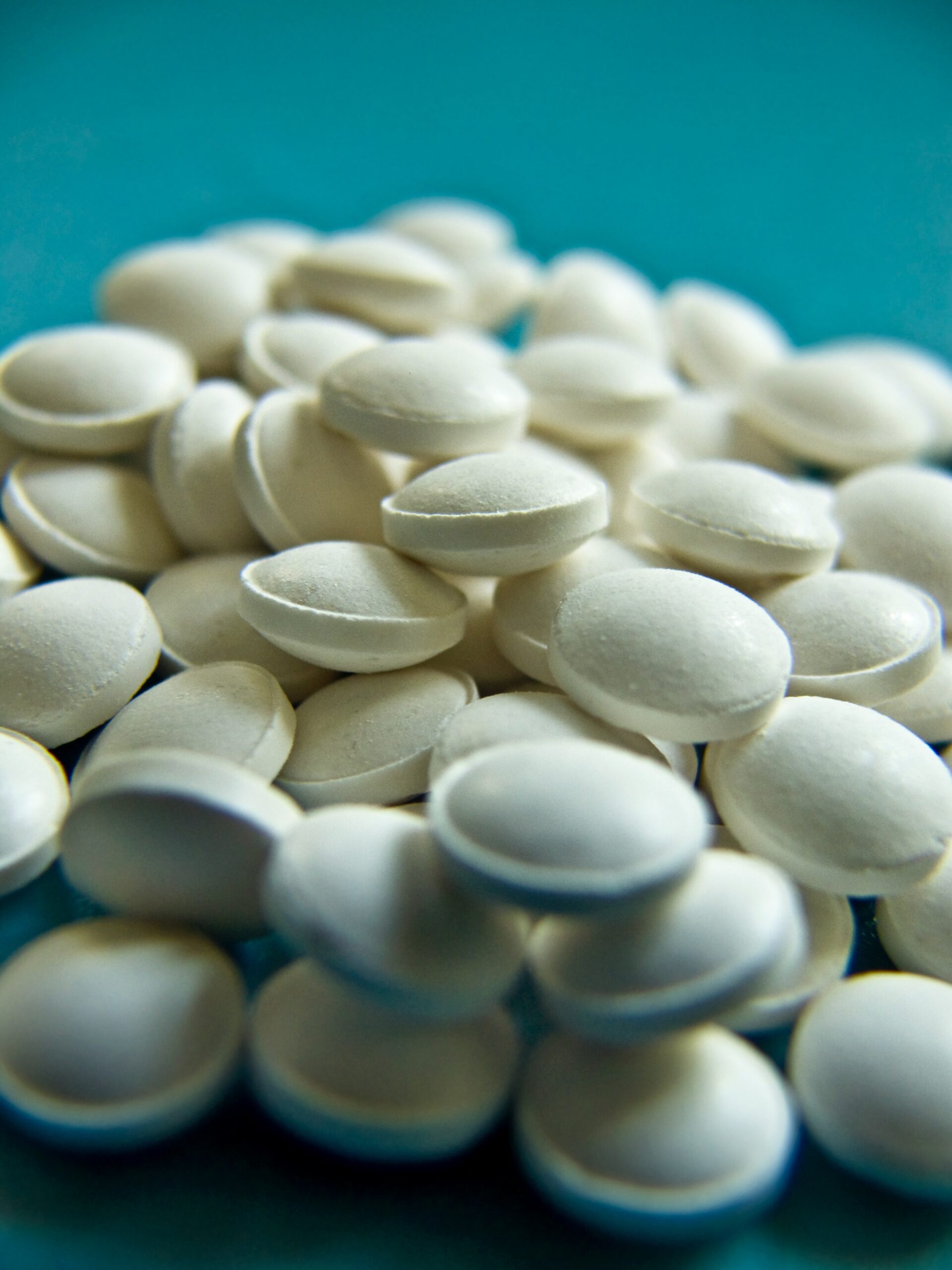In the ever-evolving landscape of fitness and nutrition, there’s one question that echoes in the minds of many aspiring athletes and gym enthusiasts: “Is creatine bad for you?”
It’s a query that’s sparked countless debates, fueled by a mix of curiosity and concern. After all, creatine, hailed as one of the most effective supplements for building muscle and enhancing athletic performance, often finds itself at the center of both admiration and skepticism. In this exploration, we embark on a quest to decipher the truth behind creatine’s reputation, delving into its potential benefits and any lingering shadows of doubt.
So, should you use creatine for building muscle, or should you steer clear? Prepare for a balanced examination of the science, myths, and considerations that will empower you to make an informed choice on your fitness journey. Welcome to the realm of “Is Creatine Bad For You: And Should You Use It For Building Muscle.”
What Is Creatine Used For
creatine stands as a formidable ally in the pursuit of muscle growth and athletic prowess. Its benefits are rooted in its ability to enhance energy production, support muscle hydration, increase training volume, and potentially stimulate muscle protein synthesis.
- Vitamin D Shocking Benefits For Mental Health
- Will Getting Enough Vitamin D Help With Sleeping?
- Does Vitamin D Supplements Boost Testosterone
This versatile compound not only amplifies physical performance but also showcases promise in bolstering brain health and cognitive function. With a proven track record of safety and effectiveness, creatine emerges as a reliable and indispensable tool for those seeking to maximize their physical and mental potential. Whether you’re an elite athlete or a fitness enthusiast, creatine offers a potent pathway to reach your goals and unlock your body’s true capabilities.
Reasons Not To Use Creatine
While creatine is generally regarded as safe and beneficial for many individuals, there are certain reasons why some people may choose not to use it. It’s important to note that these reasons may not apply to everyone, and individual responses to creatine can vary. Here are some unique reasons you might consider for not using creatine:
Personal Health Concerns: Individuals with preexisting kidney conditions or concerns about kidney health should exercise caution when considering creatine supplementation. While there’s limited evidence suggesting creatine may strain the kidneys, consulting with a healthcare professional is advisable in such cases.
Sensitivity to Digestive Issues: Some people may experience gastrointestinal discomfort, such as bloating or stomach cramps, when taking creatine. If you have a sensitive stomach or a history of digestive problems, this could be a reason to avoid creatine or experiment with different forms or dosages.
Preference for Natural Sources: For those who prefer to obtain nutrients exclusively from whole foods, opting for dietary sources of creatine like meat, poultry, and fish might be more appealing than supplementation. While creatine supplements are derived from natural sources, they are processed and concentrated.
Minimal Impact on Goals: If your fitness goals do not align with the potential benefits of creatine, such as improved strength, muscle growth, or short-term energy bursts, you may choose to skip creatine supplementation. Some individuals may find that their training objectives can be met without it. Shop raw supplements, bulk discount, lab tested 5% off here!
Concerns About Water Retention: Creatine can cause a temporary increase in body weight due to water retention within muscle cells. If you’re concerned about fluctuations on the scale or prefer to maintain a leaner appearance, this may influence your decision to avoid creatine.

Buy Creatine Online
We Have Some Of The Best Creatine Out There!
Come have a look what types of creatine we have? Shop the best creatine! We have found the best deals! Or please feel free to read more about the many benefits of creatine on site.


